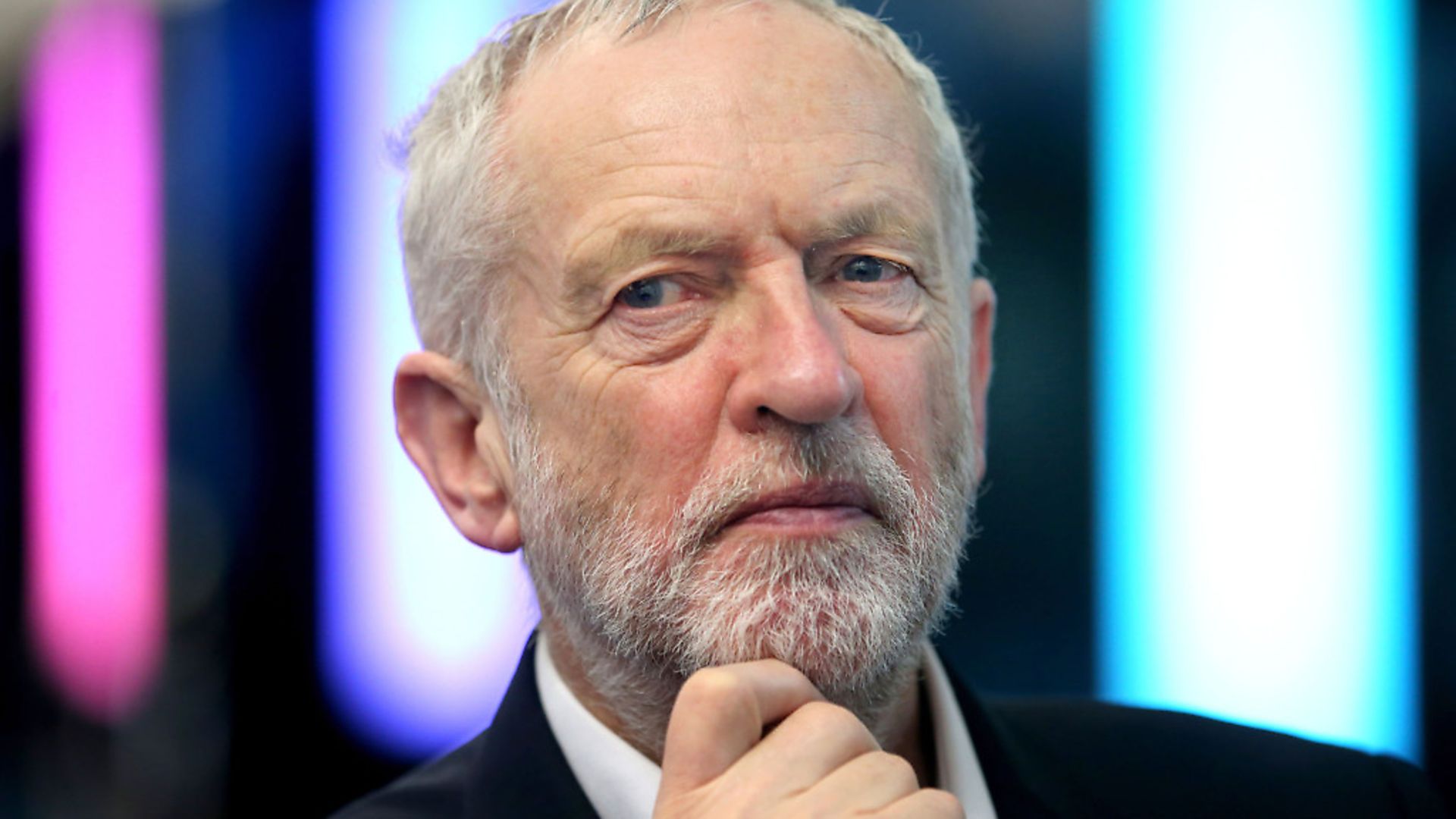
Jeremy Corbyn’s anger isn’t unappealing, it’s a refreshing thing in a world of mushy centrists, writes MIC WRIGHT.
Anger’s got a bad rap in the world of modern politics. When you think of it, it’s easy to picture the jowl-rattling rage of the gammon, the pub bore belligerence of Nigel Farage, the suited street thug rumble of Tommy Robinson and his gang, or the dyspeptic tanning bed orange oratory of Trump. But, as John Lydon — now himself disappointingly UKIP in flavour — sang memorably with Public Image Limited, ‘anger is an energy’, and what matters is how you direct and harness it. Anger at injustice and inequality has always been the catalyst for change. Personal comfort and satisfaction tends to lead to moribund politics.
But, like beauty, anger’s qualities are in the eye of the beholder. Reading The New European editor, Matt Kelly’s review for GQ of Jeremy Corbyn’s Labour Party conference speech, I was struck by how he saw comments that I read as passionate and tapping into seams of anger held by large numbers of people in Britain as bitter sniping. While he says ‘the substance of Corbyn’s speech was prime ministerial,’ he takes major issue with the tone and detail:
‘There was an element running through the speech that represented much of the driving force behind the rise of Corbynism… bitterness. The bitter reference to playing tennis with oligarchs (a dig at Tony Blair), the bitter reference at the UK media, the bitter jibe at people with a second home, how they would be forced to pay to end homelessness.’
Kelly argues that Corbyn was playing to the room and not the nation. But I don’t think that’s true. Beyond London’s wealthier enclaves, beyond the shimmering and self-regarding bubble of the Westminster media, people are angry. And it’s not just the pub bores, perched at the end of the bar offering right wing monologues, or the activists, it’s members of that group which political operatives have so often dismissively dubbed ‘ordinary people’. There’s a sense that regardless of the colour of their rosettes, most politicians, once they’re elected, ascend into a class of chummy backslapping, a mushy centre.
That Tony Blair, once the MP for Sedgefield – an area with strong Labour roots, a mining history and a significant number of people earning less than the average wage and more reliant than average on social housing – and whose electoral successes are almost sanctified by the Labour right, is now a multimillionaire globetrotter should provoke anger. Because Tony Blair doesn’t simply make his money from well paid speeches. He’s trafficked his position as a former prime minister into very well-paid gigs advising some of the worst regimes in the world, while still acting as if he is a moral leader. Of course, Corbyn himself has failed to properly explain or apologise for his appearances on the Iranian state-funded PressTV, and I think he should.
I think it’s entirely justifiable to be angry about politicians playing tennis with oligarchs. Companies, institutions, newspapers and vast swathes of London have been sold off to these grotesquely wealthy individuals, with a blind eye taken to the murky sources of the Smaug’s hoard-like piles of cash. Lord Mandelson has since repudiated his famous comment that he was ‘intensely relaxed about people getting filthy rich as long as they pay their taxes’, but it was a perfect distillation of New Labour’s attitude to the wealthy. Tony Blair and his wider circle were entranced by the rich and famous. And for all the good his government’s did, they repeatedly failed to rein in the tax evaders and stop kleptocrats laying down deep roots in Britain.
I also think anger at second homes, wastelands created by Airbnb rentals, and flats bought off-plan and left empty, is entirely reasonable as the homelessness crisis grows more profound by the day. Corbyn is right to raise it. He’s right to be angry about it. He’s right to show that anger. The time for third way triangulation is long gone. Kelly believes that Corbyn’s anger will put people off and points to the poll numbers that show no huge gulf between the Conservatives and Labour, despite Theresa May’s own appalling personal ratings, but I don’t think the polls are a good guide at this point. As the last general election showed, Labour’s highly effective ground game – activists knocking on doors and mobilising on social media — can shift the needle.
Where Corbyn’s anger — or passion of any kind really — is missing is on the issue of Brexit. For readers of the The New European, that’s obviously hugely frustrating. I personally want to see the Labour leader’s position shift but I also think the party’s last manifesto and this year’s leader’s speech at conference include a lot of ideas that could make Britain better. I don’t think Corbyn is perfect – his handling of the anti-Semitism crisis in Labour has been terrible – but I will always prefer a politician who is willing to express his anger, to show passion about ideas and injustices, to the animated mannequin aimlessness of politicians like the prime minister.









